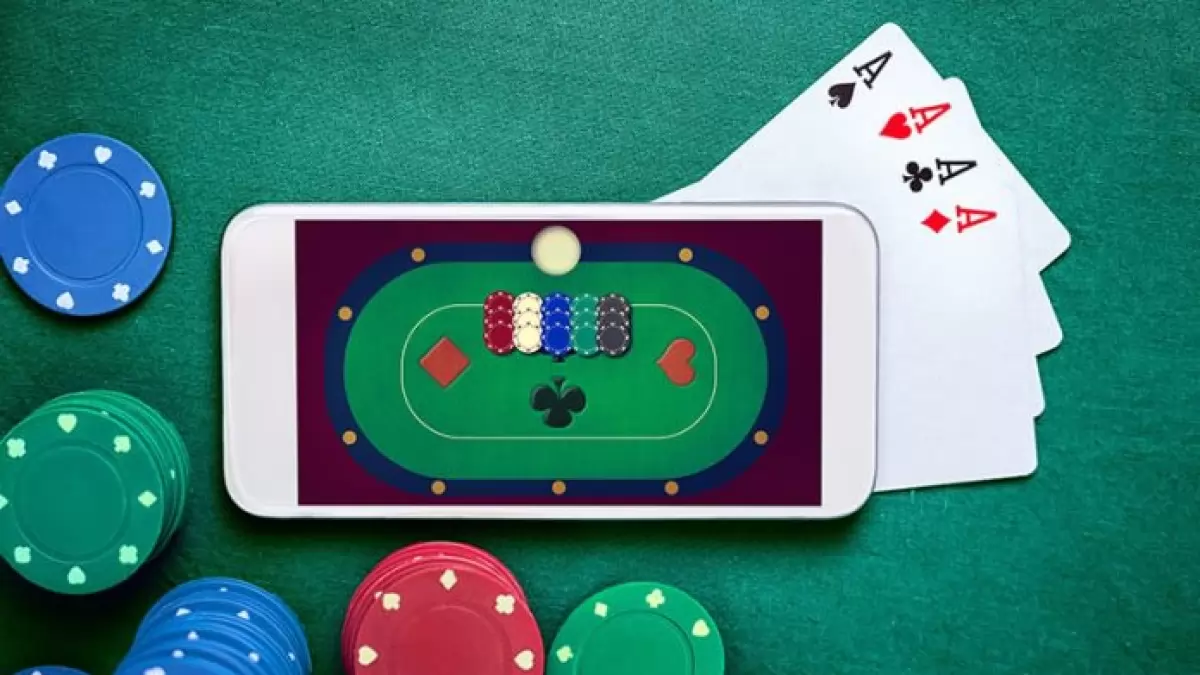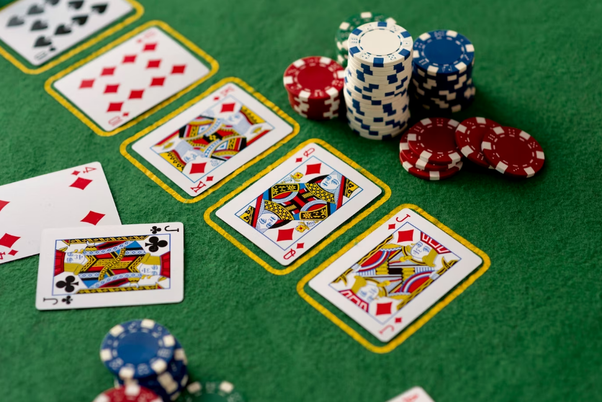Rummy is an engaging card game that requires strategic thinking and skillful play to be enjoyable. Additionally, Rummy brings people together while creating relationships and camaraderie between participants.
Though rummy involves both skill and chance, skilled players rely primarily on skill when competing against opponents. Skilled players employ strategies such as efficiently merging sets and sequences together; keeping an eye out for other players’ discards; and bluffing to gain an edge against them.
Gameplay
Even though card games contain some element of luck, players can often mitigate it by understanding their opponents and the game itself. Furthermore, playing requires strong mental arithmetic skills as well as acute attention from players.
Rummy players win when they can arrange all their cards into valid sets and sequences before discarding their last card on the discard pile, declaring “Rummy” to end their hand and earning points for any cards not fitting into one or the other of these sets or sequences. Any non-sets or sequences earned minus points from other players.
This card game can be enjoyed with two decks of cards by two to six players. While the rules of one variant may differ slightly from another, its essence remains relatively unchanged.
Rules
Rummy is a card game in which players compete to form groups of cards of equal rank or runs of consecutive cards, using skill, strategy, and luck. Understanding its rules is crucial to improving your gameplay and can lead to greater success!
One of the keys to winning at rummy is prioritizing making pure sequences first – it will help lower your score and increase your odds.
To succeed at rummy, one must understand odds and probabilities in order to make informed decisions and formulate winning strategies. Knowing these concepts allows one to calculate the probability of drawing cards from discard piles or creating melds successfully.
Variations
Rummy is an intricate mix of strategy and luck, so understanding their interactions is crucial in becoming a more adept player. This article dispels myths while explaining the role skill plays alongside luck when playing Rummy as well as strategies that will sharpen your expertise.
Initial cards received can have a substantial influence on a player’s odds of victory, especially those made up of sets or sequences. Skilled players can utilize bluffing techniques to control opponents and win more often.
Consistent practice is key to improving your gameplay. Play regularly, observe expert players, and study rummy strategies in order to hone your skills. Furthermore, organizing cards quickly and making decisions quickly are both key aspects of improving gameplay.
Misconceptions
Rummy may rely heavily on luck, but its success also demands strategic thinking and keen observation from players. Skilled players can quickly analyze their cards, observe opponents’ moves, and make calculated decisions to increase their odds of victory – discarding cards that don’t help their opponents and creating pure sequences by discarding unwanted cards strategically.
Rummy is not just an idle diversion; it’s an engaging social game to enjoy with family and friends that provides an adrenaline rush and sense of victory! Rummy also helps develop mental skills and overall health while honing strategy – but there may be some misconceptions when playing, such as believing it’s all luck-based!
Strategy
Strategic thinking is at the core of Rummy success. This includes understanding its rules and your opponents’ moves; skilled players also adjust their strategy depending on changing circumstances during gameplay.
Expert players understand the significance of discarding high-value cards early in a game to significantly lower their point total and improve their odds of victory. Furthermore, they prioritize making pure sequences first to increase their odds.
Estimating the odds of drawing cards that can help form runs and sets is another essential element of strategy. This calculation involves several elements, such as your hand cards, potential opponent needs and available cards in your deck or discard pile. By keeping these factors in mind when managing your hand effectively and not revealing too much information to opponents.





